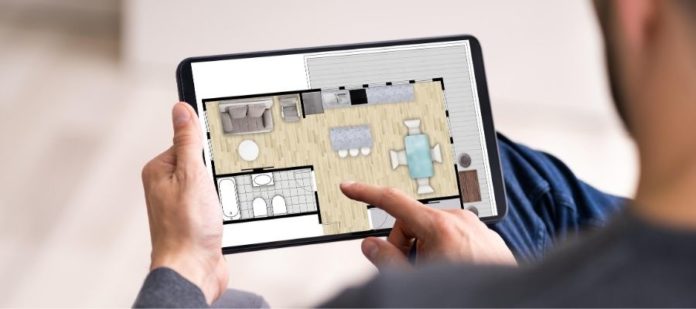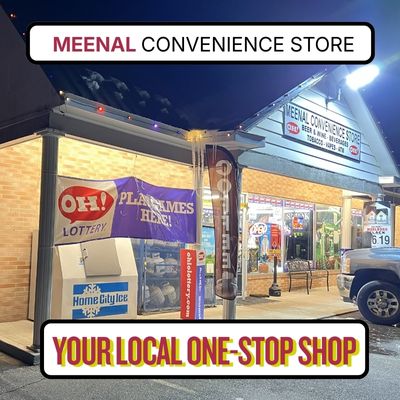Are you considering a home upgrade? Whether you’re touching up the bedroom paint or completely gutting the kitchen, a renovation project is a major undertaking. As such, there are a few things you need to think about before you pick up a hammer. Make sure the projects you take on are best for you, your family, and the demands of your lifestyle. As you start looking at blueprints and paint samples, keep in mind these three things to consider before remodeling your home.
How Long Are You Staying?
Before you pour a lot of money into upgrades, it’s important to ask yourself how long you plan on staying in this house. If you intend to move within the next few years, you probably want to focus on projects that will boost your home’s market value and make it easier to sell. On the other hand, if you plan on staying in this home for years to come, your upgrades should focus on giving you the space and environment your family needs to grow.
What Does Your Family Need?
If you plan on staying and making this your family home, you need to consider what your family needs, both now and in the years to come. Does your family have any special needs or health issues? Do you plan on aging in place within this house? Look at the needs of your family and figure out what upgrades will help fulfill those needs. Additionally, you should look at the demands of your current lifestyle. Do you need more room for young ones to run around? Are you lacking outdoor space for everyone to enjoy? By evaluating what your home currently lacks, you can prioritize the upgrades that will benefit you and your family most.
How’s Your Carbon Footprint?
Energy efficiency is becoming one of the most important things to consider before remodeling your home. Take a look at your home’s current energy bills and determine what areas can use a little improvement. Look for upgrades that give you more natural light, better insulation, or more eco-friendly utilities and appliances. When you make environmental responsibility a priority in your renovations, you invest in a greener, more efficient home. This investment pays off down the line when you see lower energy bills and a healthier natural world around you.





















